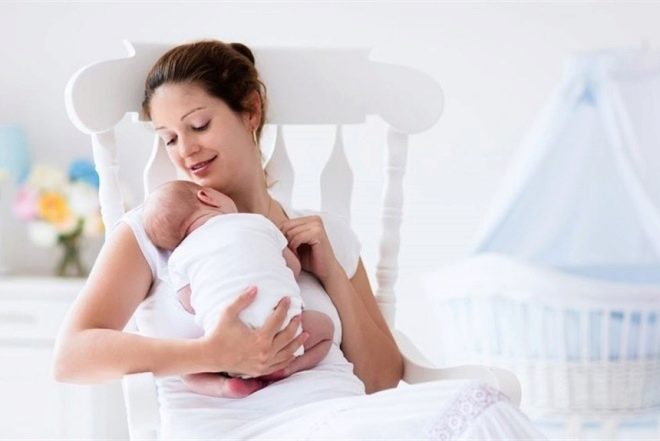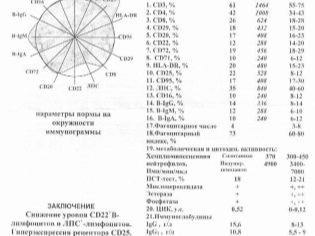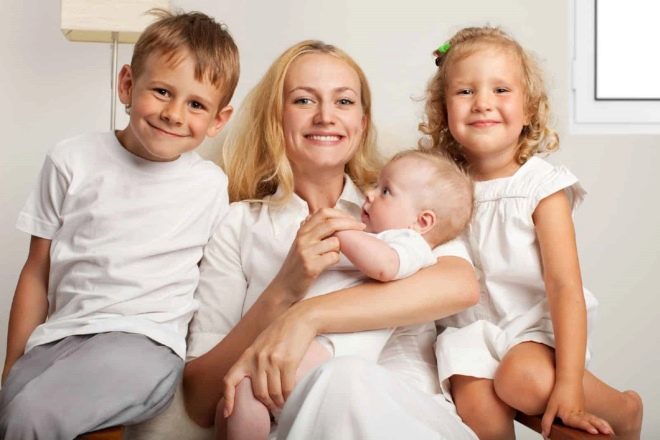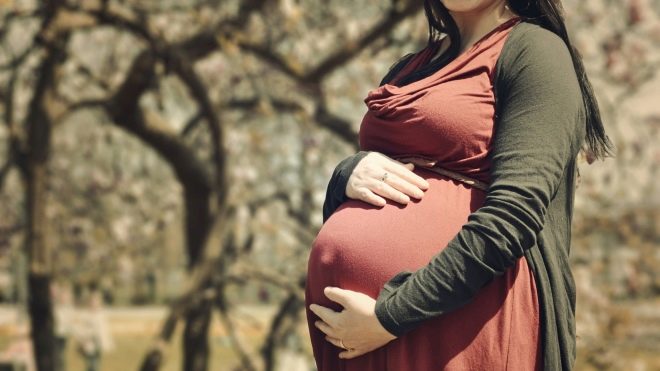Give birth on time: scientists tell you when to give birth to reduce the risk of developing breast cancer
During the carrying of a baby, intensive processes take place in the female body, including hormonal processes, which are of particular interest to oncologists.
So, in the University of Copenhagen found out that the best age for childbirth is up to 30 years. In women who have given birth to at least one child before the onset of thirty years, the likelihood of developing breast cancer is reduced by about 14%.
Risks are reduced due to certain biomechanisms that are "included" in a woman's body during a strictly defined period of pregnancy.
Danish scientists under the leadership of Mads Melby from Copenhagen were able to find out that in order to reduce the risk of cancer, it is important how long the pregnancy continues. If childbirth occurs before 33 weeks, the risks remain high, as with all others. but between 33 and 34 weeks, just over seven days in the future mom's body, strange and yet unexplained immune phenomena occurredwhich were recorded during the immunogram.
They were called the "effect of pregnancy." It is these changes that changed the ratio of probable risks in pregnant women under 30 years of age.
For the study, national registries of Norway and Denmark were used, in which information on childbirth for the last 40 years was collected. Scientists analyzed the age of laboring women, the gestational age at the time of delivery, as well as the long-term effects on mothers' health almost 4 million women. Larger studies are rare.
It is noteworthy, according to scientists, that re-pregnancy reduces the risk of breast oncology by up to 17%. And three pregnancies and three deliveries in time (after 34 weeks gestation) reduce the likelihood that a woman will develop breast cancer in the future, by almost 34%.
Previously, it was believed that the risks of oncology are reduced only in women who breastfeed a child. The new study showed that even women who for some reason do not breastfeed get a positive "effect of pregnancy".
Now scientists are going to establish why women who give birth after 30 years do not have this effect. The relationship of the immune paradox with the age factor so far, although it has actually been proven, cannot be reasonably explained.
The full version of the research of the group of the University of Copenhagen published in Nature Communications.




